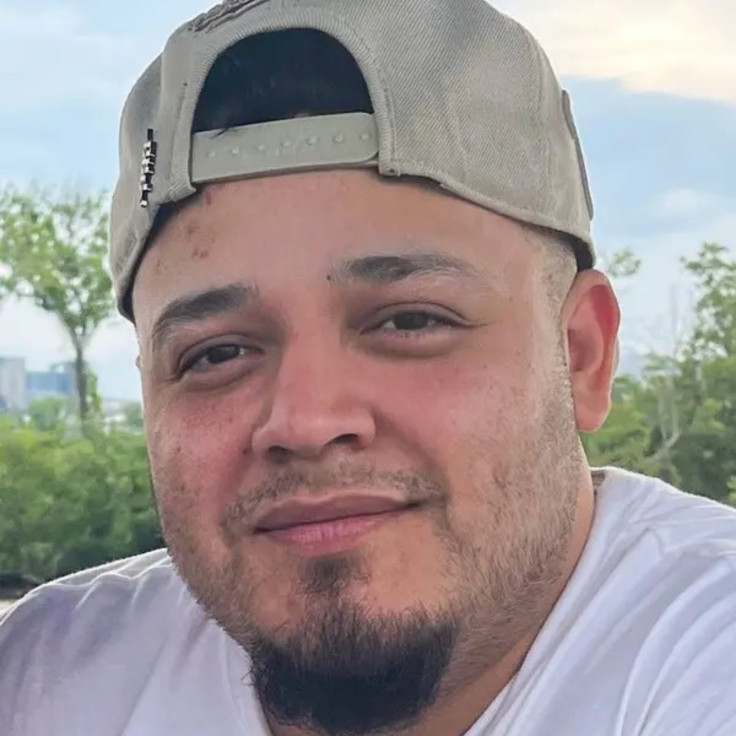
Trump administration officials initially sought to bring back Kilmar Abrego Garcia after wrongly deporting him to El Salvador, but changed tack after the White House got involved, The Atlantic reported on Friday.
The outlet detailed internal discussions among officials at the Departments of State, Justice, and Homeland Security initially focused on Abrego Garcia's safety and explored diplomatic options for his return to the United States. One of them included having the U.S. ambassador to the country make an appeal to President Nayib Bukele to secure his return.
Deliberations included questioning the credibility of evidence linking Abrego Garcia to MS-13, including a 2019 police report by an officer later suspended for misconduct unrelated to the case.
State Department attorneys raised doubts about the allegations, noting Abrego Garcia's name did not appear on lists of high-priority gang members shared with El Salvador. He had no criminal convictions and was cited only for a traffic violation in 2022.
Officials also expressed concern about Abrego Garcia's deportation to the Central American country despite being granted protected status in 2019. Back then, an immigration judge determined that he could face harm if returned there. DHS attorneys wanted to know if the Salvadoran government could keep him separated from Barrio 18 gang members who had threatened him in the past.
However, as the case gained prominence and criticism of the administration grew, the White House began seeing it as an opportunity to "flex executive authority and test the judicial branch's ability to restrain presidential power." Trump has defended the deportation. Officials said he won't be allowed to return, and even if he is, he will be removed from the country again. Moreover, the administration continues to ignore a Supreme Court ruling that requires it "facilitate" his return.
In the meantime, Jennifer Vasquez Sura, his wife was recently moved to a safe house with her children due to safety concerns after the Department of Homeland Security posted a court document online that exposed her family's home address to its 2.4 million followers.
"I don't feel safe when the government posts my address, the house where my family lives, for everyone to see, especially when this case has gone viral and people have all sorts of opinions," Vasquez Sura told the Washington Post. "So, this is definitely a bit terrifying. I'm scared for my kids."
© 2025 Latin Times. All rights reserved. Do not reproduce without permission.





